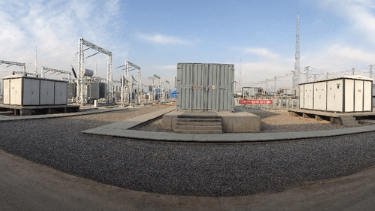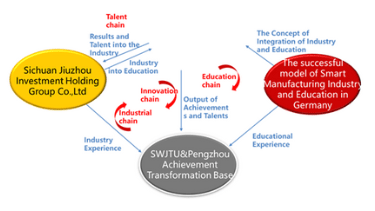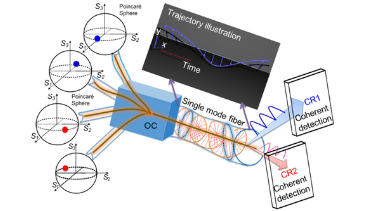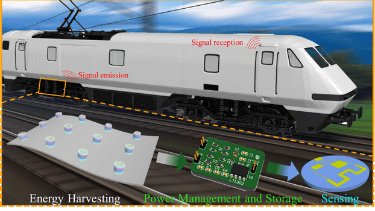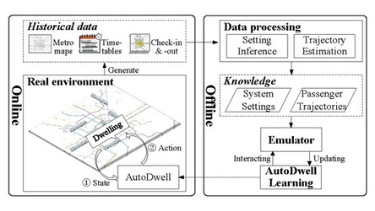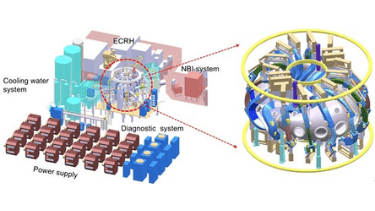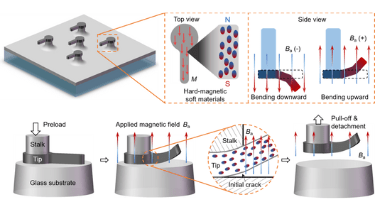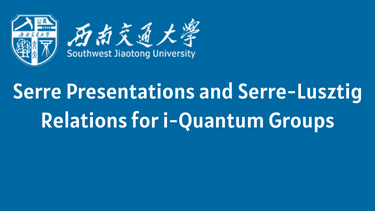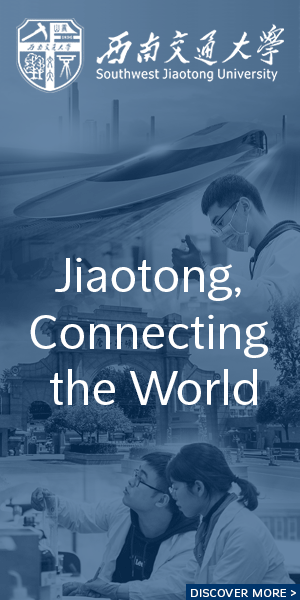Animal manure is a valuable resource. However, untreated manure cannot be used as a soil amendment due to insufficient biodegradation and phytotoxic ingredients, which would cause environmental damage. Aerobic composting is an effective way to reduce, render harmless and recycle husbandry manure, which could sufficiently convert manure into organic fertilizer.
In the School of life science and engineering, southwest Jiaotong university, a microbial resource technology research team has accomplished a series of research on the harmless treatment and nutrient recovery of husbandry waste. The team members include Professor Zhongping Qiu, Associate professor Can Wang, Dr. Minghui Wu, etc.

Members of the microbial technology team
Dr. Qiu, as the team leader, has committed to environmental biotechnology-related research for many years. She has presided over more than 20 national, provincial, and ministerial level and achievement transformation projects achieved a series of research results, won one provincial and ministerial science and technology award, two secondary prizes, and two Sichuan environmental protection science and technology awards, and published more than 100 academic papers. The research results provide a theoretical basis and technical support for solid waste treatment and recycling.

Dr. Qiu giving a presentation on organic solid waste composting
Moisture content influences substance transformation during composting and the function of exogenous microbial agents. Inappropriate MC may result in leaching, nutrient loss, and secondary pollution.
Published in《Chemosphere》, the work entitled “Influence of moisture content on chicken manure stabilization during microbial agent-enhanced composting” details the application of a microbial agent capable of reducing nitrogen loss and promoting compost maturity. The effect of moisture coupled with composite microbial agents on the stabilization process of chicken manure composting was investigated. The whole composting process was monitored, and the transformation and correlation of nutrients were investigated. The optimal initial moisture level for microbial agent bio-enhancement in chicken manure composting was discovered to be 53%.
This investigation yielded significantly lower results than earlier studies. Under the optimum moisture content, the heating of the heap, the conversion and transformation of nutrients, and the pre-fermentation and increased nutrient value of the compost product were expedited. This low-level moisture content also contributed to compost product safety and prevented the generation of leachate and possible secondary pollution.

Dr. Qiu instructing local farmers to use microbial agent and compost product in tobacco planting
Dr. Qiu believes this study would provide certain new knowledge for the practical application of the microbial agent and the production of high-quality bio-organic fertilizer, thereby promoting the resource recycling and recovery of animal husbandry.
Qiu’s team has constructed many microbial products, such as nitrogen-retaining and organic-decomposing microbial agents for the improved aerobic composting of organic waste. The above works entitled “Study on nitrogen-retaining microbial agent to reduce nitrogen loss during chicken manure composting and nitrogen transformation mechanism” and “Bacterial dynamics and functions driven by a novel microbial agent to promote kitchen waste composting and reduce environmental burden” are published in the Journal of cleaner production.

Dr. Qiu holding a technical training meeting for farmers on the combined use of microbial agents and organic fertilizers to reduce the use of chemical pesticides and fertilizers

